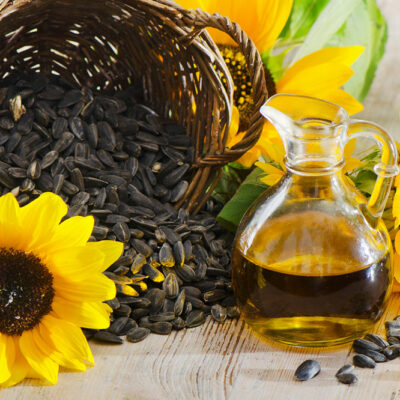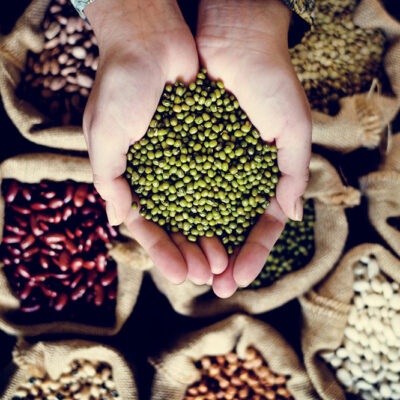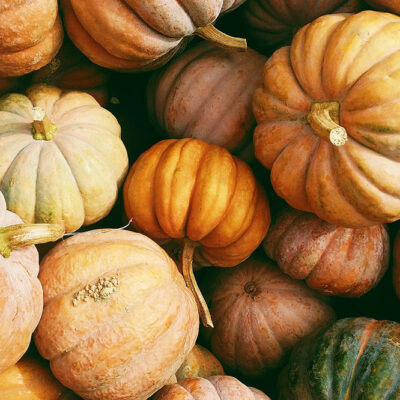
Foods to Eat and Avoid with Nasal Polyps
A healthy diet goes a long way in keeping nasal polyps symptoms at bay. Nasal polyps are tear-like growths occurring inside the nasal cavity. The diet for nasal polyps should be focused on avoiding allergic reactions. So, here are some tips to refine your diet and prevent nasal polyps from worsening.
Diet for nasal polyps
What to include
- Omega-3 fatty acids
Walnuts, salmons, flax seeds, and fish liver oil are some of the prominent sources of omega-3 fatty acids. The key is to reduce the consumption of omega 6 and boost omega 3 instead. Omega-3 fatty acids are highly effective in building overall immunity and treating nasal polyps.
- Vitamin C
When the histamine levels in the body increases, it can lead to inflammation and worsen the polyps. Vitamin C found in citrus fruits and other foods can help in quickly breaking down histamine and alleviate symptoms related to nasal polyps.
- Peppers
Capsaicin causes the hot taste of peppers and is known to be highly effective in clearing sinuses and unblocking congestion. Consumption of peppers is good for people with nasal polyps. It can provide instant relief from congestion caused due to the growth of polyps.
- Chamomile tea
Including chamomile tea to your regular diet for nasal polyps is a good idea. It is a relaxing concoction that can provide relief from blocked nose and discomfort. Moreover, its anti-inflammatory properties make it a potent solution against allergies. Warm tea provides instant comfort from cold-related symptoms.
- Turmeric
Turmeric and ginger are known to be the most effective ingredients that work for all breathing-related troubles. Turmeric can be added to the food during preparation or even in the form of a soothing tea.
Food items to avoid
- Foods with additives
Additives like Monosodium Glutamate are often found in packaged food items. These can aggravate nasal polyps. All other types of additives and preservatives such as Sulfites, Tartrazine, and Benzoate in food items should be avoided to curb the growth and spread of nasal polyps.
- Gluten and other allergens
There are some common food items like eggs, soy, and gluten-rich products, which can trigger allergies. These can worsen the inflammation and lead to breathing difficulties in people with mild to severe cases of nasal polyps.
By following these tips for a healthy diet for nasal polyps, you can improve the efficiency of your treatment. In most cases, when treated on time, one does not need to undergo surgery. These diet tips address the underlying cause, helping you prevent the condition from recurring as well.


